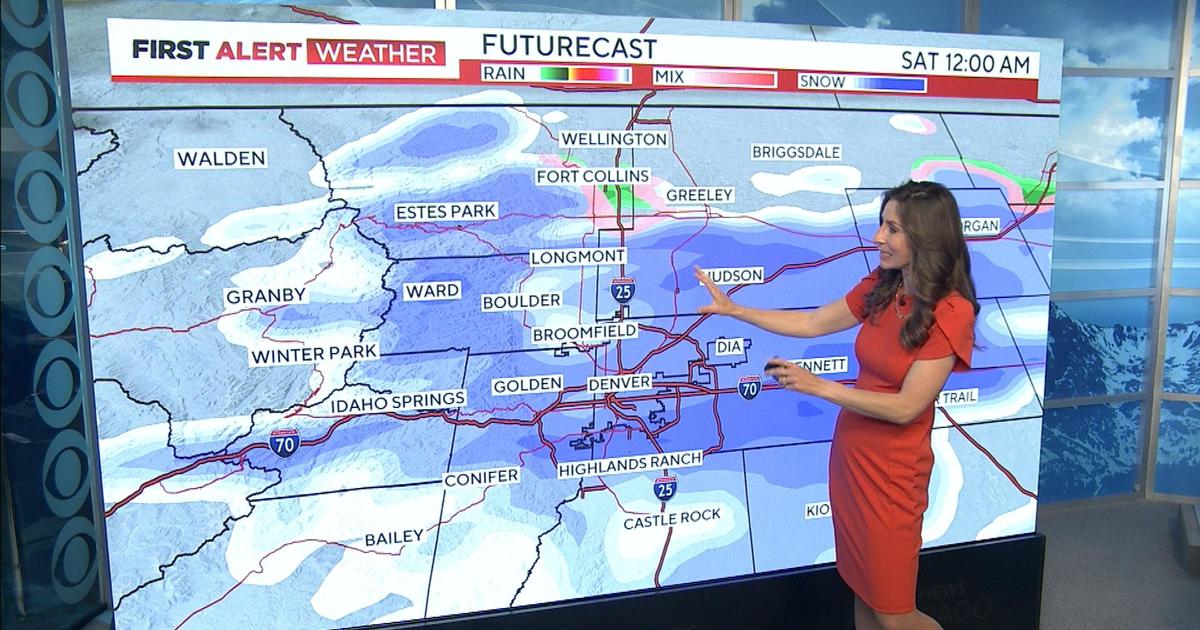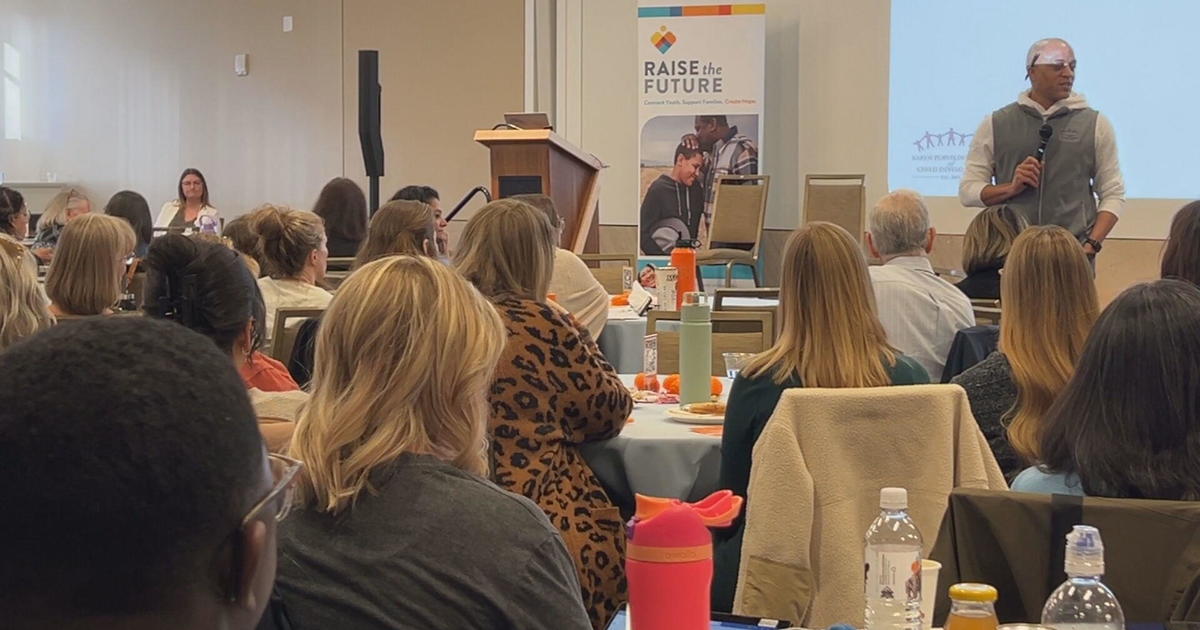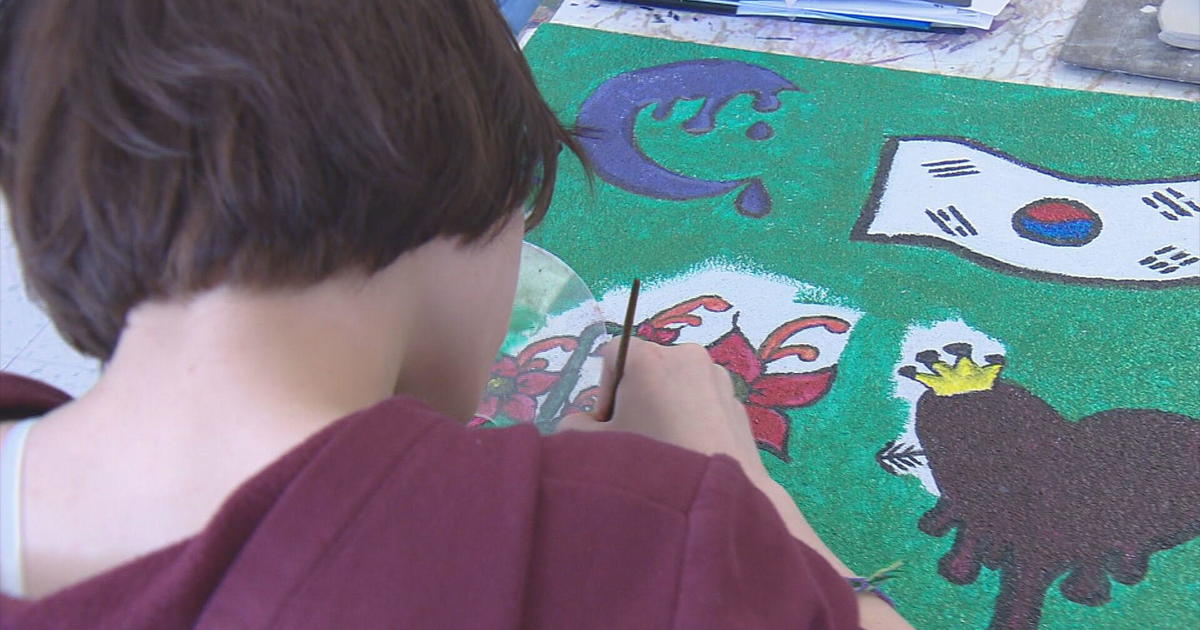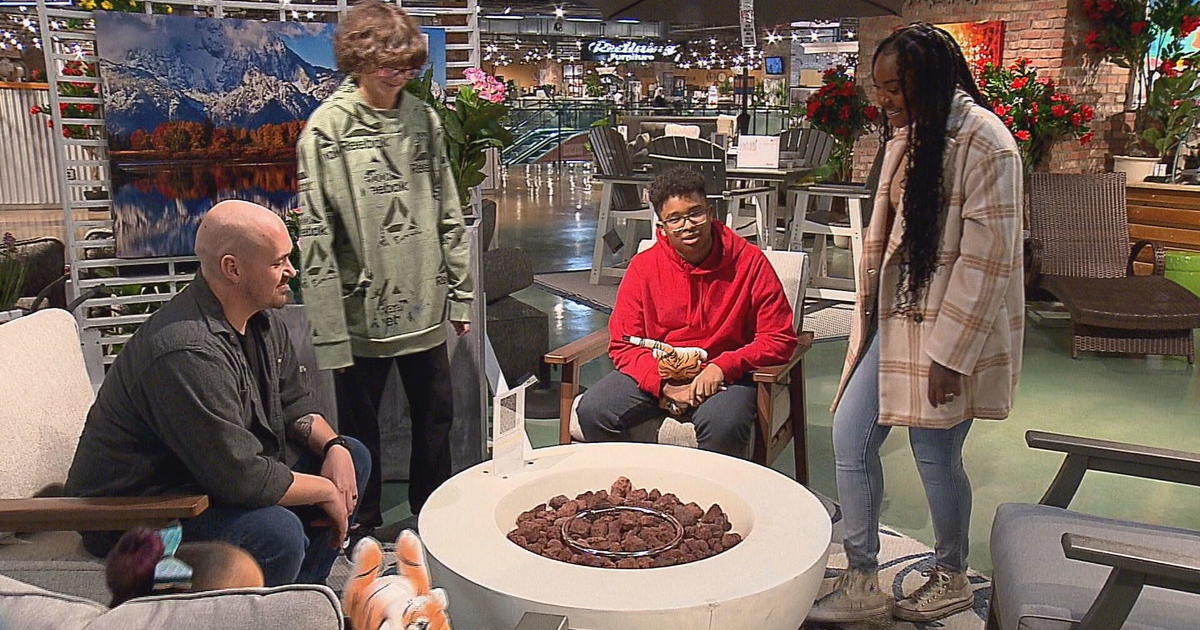Hnida Describes The Worst Night Of His Life
He also brought along an extra pair of combat boots and fatigues so Brooke could really get a feel for eating MRE's (Meals Ready to Eat) while sitting in a sandbox.
Wagner learned she didn't mind the taste of the Army version of chicken cavatelli, but the smell was a bit much. She also learned a lot more about why Hnida felt compelled to sign up as a reservist and to become Lt. Col. Hnida.
"That's probably my No. 1 question. 'Why are you doing this?' and the answer is, 'I have no idea.' It seemed like a good idea at the time," Hnida said. "I joined in 2003, the war was getting ready to get started, they needed doctors. Almost 80 percent of the doctors are reservists and they're very short."
Hnida admits his family did not think it was a good idea.
"It's hard on a family and I really feel sorry for the people who are getting repeat deployments," he said.
Hnida spent his summer at a combat support hospital, a facility to which injured troops are rushed for life-saving treatment. Even though he had been to Iraq before, he was surprised by what he encountered.
"You have no warning often of what's coming in and even for those of us who have seen really bad things before going there, I think we were all kind of stunned," Hnida said.
Hnida has a newsroom reputation of being calm under pressure. That calm proved crucial in Iraq.
"Worst night of my life was at 3:30 in the morning when I had a couple of really seriously wounded American kids come in, just bleeding all over the place. We put pages out to everybody; I was the only person in the hospital."
"Our pager system was down. I was like 'Holy smoke, what am I going to do?' It was terrifying and to this day I still have this recurrent nightmare of just being powerless and going place to place to find help because I couldn't take care of two people who were bleeding to death."
But Hnida did take care of them, and with the help of the young medics who brought the wounded soldiers in, their lives were saved.
Those soldiers and hundreds of others were saved in operating rooms housed in tents erected in the desert where temperatures reached 130 degrees.
"We called it the tongue of fire; it would be 130 degrees out and there would be this wind blowing at 40 miles per hour," he said. "It was literally like a blast furnace."
And the conditions inside those operating rooms are far different than what Hnida encounters in this country.
"You go in wearing boots, you go in with your pistol on," he said. "You'd be just working away."
Hnida knows his soldiers will live with scars, visible and not, and he is haunted with questions.
"Amongst the million of things that I think about and go through my mind every single day, that's one of them, 'Did I do the right thing?'"
But many of his thoughts are also more positive.
"It's made me appreciate being home, made me appreciate family, friends. It's made me appreciate good weather that's not nine million degrees."



